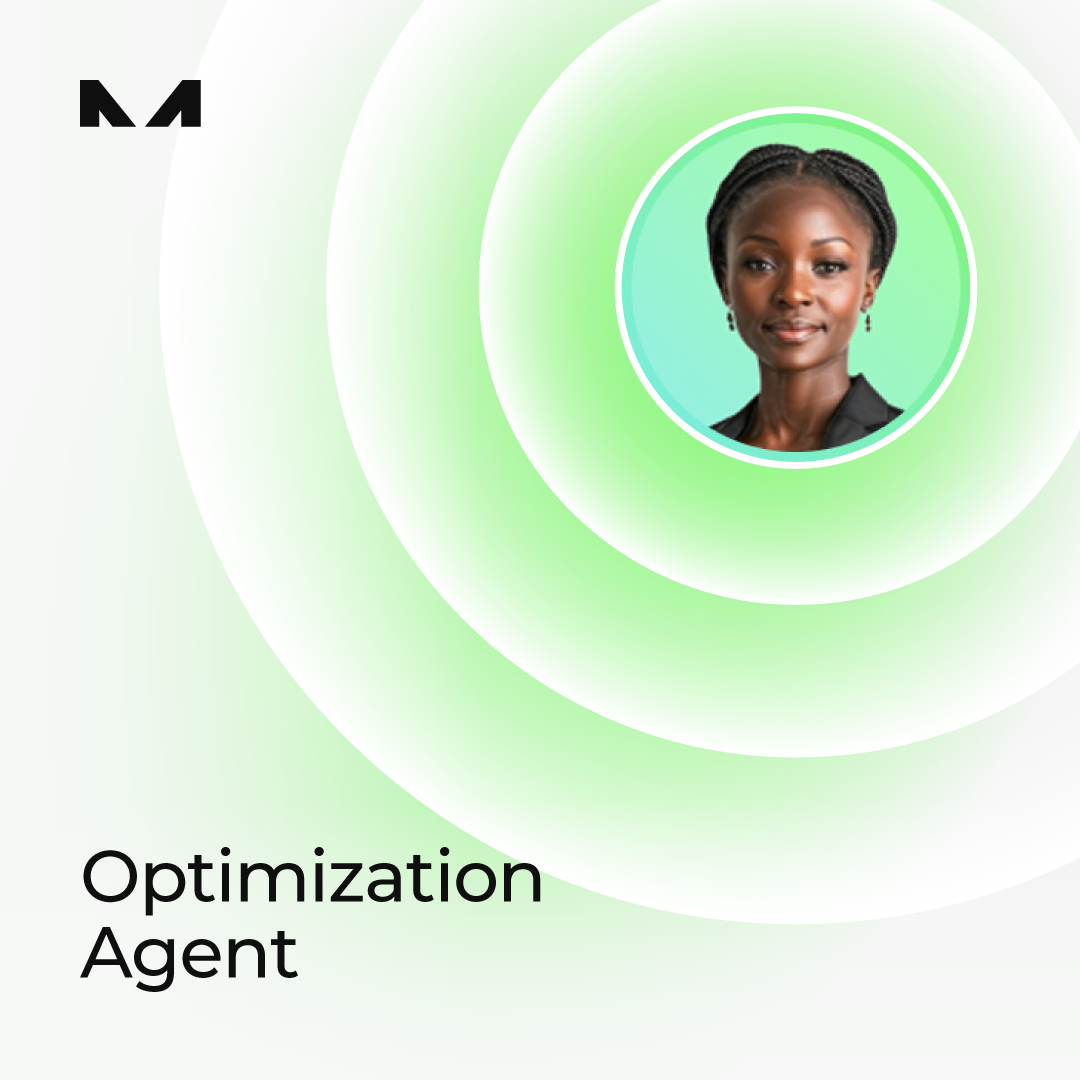The Crucial Role of APIs in the Future of Martech and AI Agents
Introduction
In the rapidly evolving landscape of marketing technology, APIs (Application Programming Interfaces) and data connectors have emerged as pivotal elements. While their importance is already acknowledged by a significant portion of martech buyers today, their role is set to become even more crucial with the advent of AI agents. Let’s discover more.

A Unified Data Layer as the Foundation for AI-Driven Marketing
Over the past eighteen months, the intense excitement surrounding AI has revealed one undeniable fact: in the Age of AI, data is your most strategic asset.
AI engines from companies like OpenAI, Google, Anthropic are extremely powerful but are becoming more widely accessible.
To gain a competitive edge, it’s essential to integrate these AI engines with the unique blend of first-party, second-party, and third-party data that your business collects.
A unified data layer is then paramount. This consolidated repository effectively supplies AI models across the entire marketing and advertising ecosystem, ensuring that machine learning algorithms have access to comprehensive, high-quality data for analysis and decision-making.
Equally crucial are APIs integrations and data connectors to gather and maintain data from different sources, serving as a connective tissue which is specific and customized for every brand or every agency.
While data connectors and APIs are both modern methods for integrating and accessing data from different systems, they have some key differences.
- An API, or Application Programming Interface, is a set of rules that outline how different software applications should communicate.
- A data connector is a specialized software component that executes tasks based on the rules set by APIs.
By focusing on these two pillars - a robust, unified data layer and a network of actionable APIs and data connectors - marketers can create an environment where AI truly becomes an intelligent, proactive partner in driving marketing success, enabling AI co-pilots and agents to take direct action based on insights gleaned from the data foundations.
APIs are a Key Asset for Martech Buyers
According to a recent survey by Chief Martech and Martech Tribe, almost 84% of martech buyers consider APIs to be important or very important when evaluating the purchase of a new martech platform or tool.
Furthermore, 51% of these buyers regard APIs as one of their top priorities when assessing a new martech product. This demand has been largely driven by the need to automate workflows across the increasingly diverse martech stack.

Some vendors may hesitate, not wanting to cede control of the user interface. But in the Age of AI, usage and empowerment will trump captive attention. The army of AI agents traversing the martech battlefield will gravitate towards API-rich environments.
Despite progress, only 17% of core marketing platforms are rated as having great API coverage. For Martech vendors, offering robust APIs is becoming a competitive differentiator - enabling customers to achieve more through AI-powered automations and agents.

The Hidden Complexity of API Management
While APIs have revolutionized our ability to connect disparate systems and data sources, they've also introduced a layer of complexity that many organizations are ill-equipped to handle. Each platform - from social media giants to niche analytics tools - has its own API, each with its own quirks, update schedules, and potential breaking changes.
For advertising professionals focused on strategy and creativity, keeping up with these technical details can be a daunting task. It's like asking a chef to maintain the restaurant's plumbing - it's not their area of expertise, and it distracts from their core responsibilities.
Failing to manage API updates and integrations properly can lead to severe consequences. Imagine launching a major campaign only to find that your reporting tools are no longer pulling data correctly because of an overlooked API change. Such disruptions can lead to misallocated budgets, inaccurate reporting, and damaged client relationships.
A Shift in Approach
Given these challenges, we're seeing a shift in how the industry approaches data integration. Instead of building and maintaining integrations in-house, many forward-thinking organizations are turning to specialized platforms that handle this complexity for them.
These platforms act as a buffer between the ever-changing world of APIs and the stable environment that advertising professionals need to do their jobs effectively.
They take on the burden of monitoring API changes, updating connectors, and ensuring data flows smoothly across the entire martech stack.
By leveraging specialized platforms for API management and data connectors integration, brands and agencies can:
- Focus on their core competencies;
- Reduce technical debt and overhead;
- Ensure more reliable and up-to-date data flows;
- Adapt more quickly to new platforms and data sources.
What's Next?
While maintaining API connectors and ensuring smooth data integration may not be the most glamorous aspect of advertising, it's becoming increasingly crucial for success in our data-driven world.
As marketing leaders and technologists, our imperative is clear. We must strategically develop our API capabilities in parallel with our AI and data maturity.
By building API-first architectures and choosing vendors with great API coverage, we lay the foundation for the AI agents revolution.
The Age of AI will also be the Age of APIs - and those who embrace this duality will be poised to lead the pack.



%20MINT_642%20App%20Announcement.png)